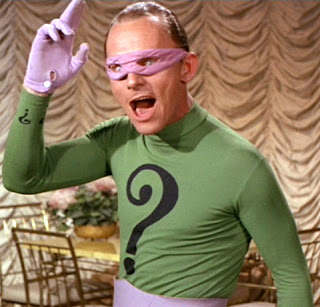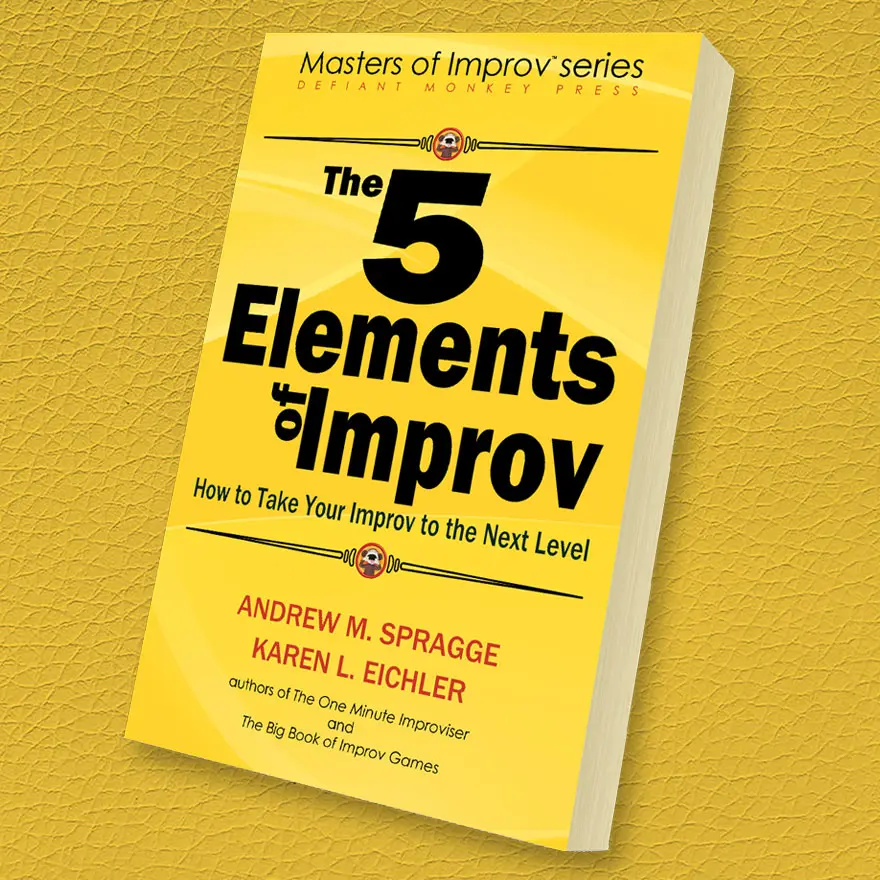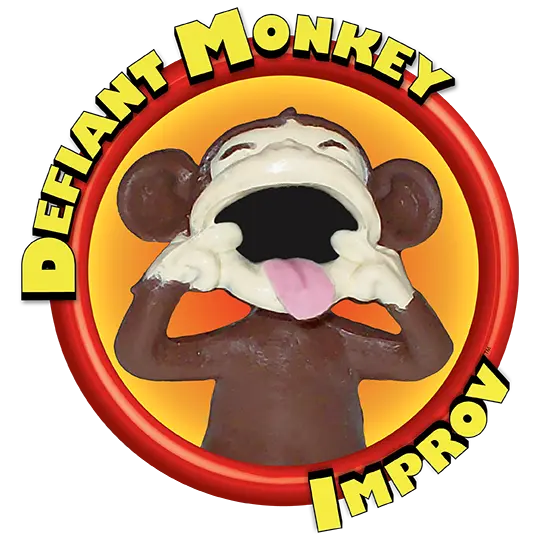The art of avoiding unproductive questions

The magical characteristic of improv is its amorphous nature. Improv, unlike other forms of theatre, is unconstrained by rigid structural limitations.
Stage actors play within boundaries; Improv actors play with boundaries.
Every list of “The Rules of Improv” we’ve seen includes some version of “Don’t ask questions.” Questions, they state with emphatic certitude, are bad.
It can’t be said questions by their very nature are bad. They typically make for weak theatre, but they are not in and of themselves “bad.” What is bad is how and why people use questions and what kind of questions they use.

Questions are a sign of fear, as put forth by Mick Napier in Improvise: Scene from the Inside Out. People tend to ask questions when they do not have the courage, knowledge or capacity to move a scene forward. Eliminate the fear, says Napier, and the questions will fade.
But why are questions detrimental to good improvisational theatre? We ask questions in real life, don’t we? Yes, we do. And real life is incredibly boring to a spectator.
Questions are time wasters. They are a rudimentary form of bridging*; a refusal or unwillingness to move a scene forward in a constructive and entertaining direction. It’s also rude to your scene partner. It places the onus on them to develop the scene, with you providing the Cattle Prod of Inquiry.
Instead of asking questions, assume the answer and begin there.
We recently watched a video of a group playing “New Choice.” One player established a cooking scene, and her partner walked onstage (wearing a “nyuk nyuk” wig in order to elicit giggles from the audience) and promptly said, “Do you realize you failed your potions exam?”
His partner stuttered and babbled in a frustrated manner. She found herself having to lift the scene off the ground without bending her legs, and without her partner lending a helping hand. Instead of making the concrete choice of assuming the answer and propelling the scene forward, he left his partner having to scuffle her way through, “Yes, I know,” and taking the reins herself.
Better to have assumed she already knew the test results and start with a strong (and potential-laden), “You failed your potions exam!” She could then have told him how she was distracted in her studies by her evil roommate (prompting a flashback to those events) or explained how she had a cold and every time she sneezed she moved backward in time (an interesting one-person twist to “Forward/Reverse) or any number of other interesting directions.
Instead we got, “Yes, I know.” Yawn.
Make powerful choices
Make interesting choices
Make supportive choices
And what should you do if your partner asks you a question on stage? Answer as strongly as you can in a way that will push the scene in a constructive direction. Then, smack them upside the head after the show. Gently, of course; this is, after all, a learning process.
*Bridging is a when an improviser does whatever they can to avoid moving the story forward in a meaningful way. Bridging may involve gossiping about inconsequential topics or taking part in activities that are simply time-wasters. It is typically a symptom of fear and can be short- circuited by a savvy partner who will drive the scene forward, perhaps by directing their partner (as their character) or using a well-placed “Meanwhile…elsewhere” scene change (The 5 Elements of Improv)
Note: We’ll be discussing in a future article how to use character-driven questions in a constructive manner.

The 5 Elements of Improv – How to Take Your Improv to the Next Level

